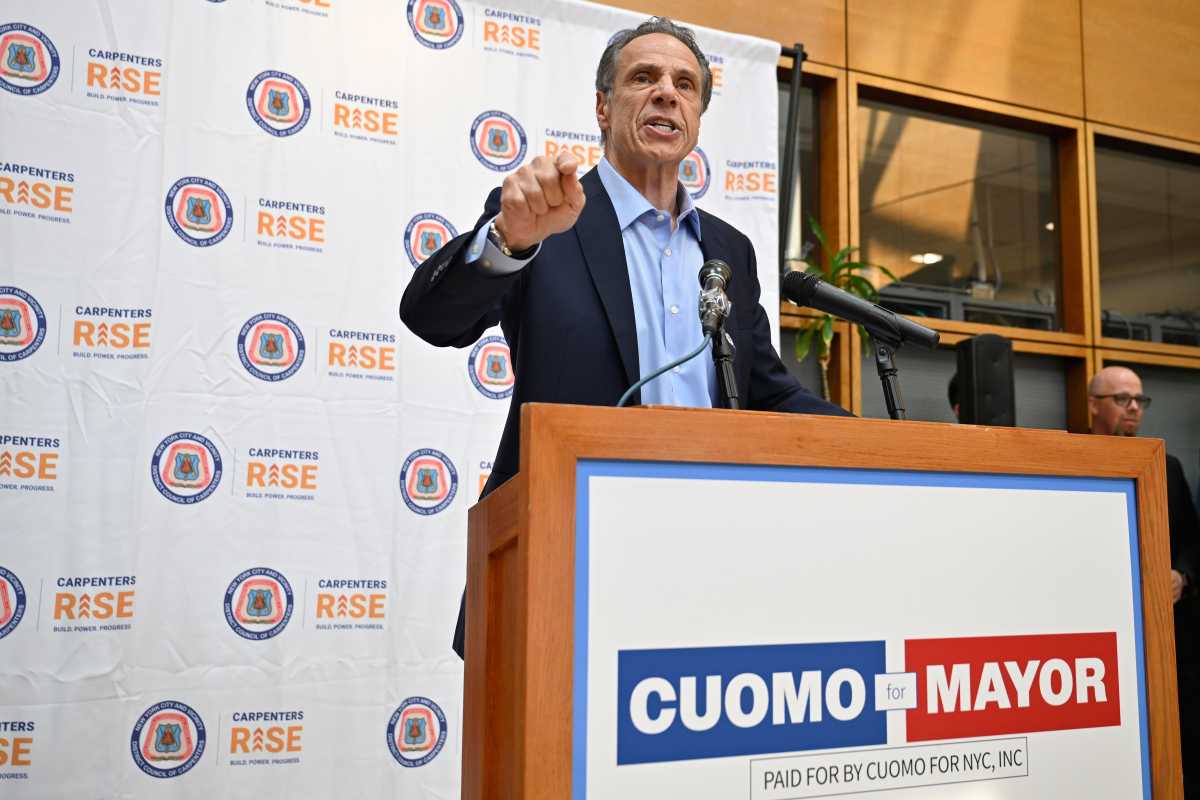When President Richard Nixon opened the door of America to Communist China in 1972, he said, “This was the week that changed the world.” Little did he know how much would that would change the American economy over the next four decades-and not necessarily for the better.
China joined the World Trade Organization (WTO) in 2001. President Bill Clinton, in supporting its membership, said, “For the first time, China will agree to play by the same open trading rules we do.” But as the years went on, China managed to shirk the rules anyway-and the U.S. stood by and watched it happen.
China’s unfair trade practices have indeed taken a very heavy toll on the American economy. Since China joined the WTO, the U.S. gross domestic product has steadily fallen, translating into a failure to create two million jobs a year and the cumulative loss of more than 20 million jobs lost to slow growth since 2001.
That’s almost the exact number of jobs America now needs to get its people back to what is considered “full employment.”
Last weekend, as the media hemmed and hawed over politicians shutting down bridges or eating pizza with a knife and fork, the Bureau of Labor Statistics reported that only 74,000 jobs had been produced nationwide in December, 2013. Economists had projected close to 200,000 jobs would be created this month.
More than five years removed from the Great Recession, and this American economy continues to sputter along the road like a car with a few broken gears. There are millions of people looking for work-but few decent, good paying postions available to them.
All the legislators in Washington seem to be able to do about the anemic economy is talk about incre asing the minimum wage and extending unemployment benefits. There’s little to no talk of meaningful job creation-and by meaningful, we mean positions that don’t involve stocking shelves or flipping burgers.
Much of this problem is our own doing, and as our lawmakers continue to put bandages on the gaping wound in our economy, amazing things are happening in other countries that are stimulating their economies while simultaneously modernizing for a 21st-century world.
Dubai-a city that rose out of the Arabian desert on a foundation of petrodollars-is filled with skyscrapers and amazing architecture befitting a 21st-century city. In China, a company has launched a plan to build a $160 million replica of the HMS Titanic as a tourist attraction. Across Europe, there are modern rail lines, roadways, communication systems and utility grids.
But in America, major cities are going bankrupt; infrastructure is crumbling; billions pumped into the economy by the government never made its way to the working and middle classes; and our politicians never seem to back up their lofty words with actual deeds to fix this situation.
The Organisation for Economic Cooperation and Development in Paris said in a report published this week that “China was on a course to surpass the U.S. economy in just three short years.”
It is probably too late to avoid that humiliation, but it is not too late for this nation to make an economic comeback. As long as the evaporation of the middle and working classes continues to be ignored by the government, however, that comeback will never happen.
Those legislators who remain ignorant of the middle and working classes should be sent to the unemployment line.

































